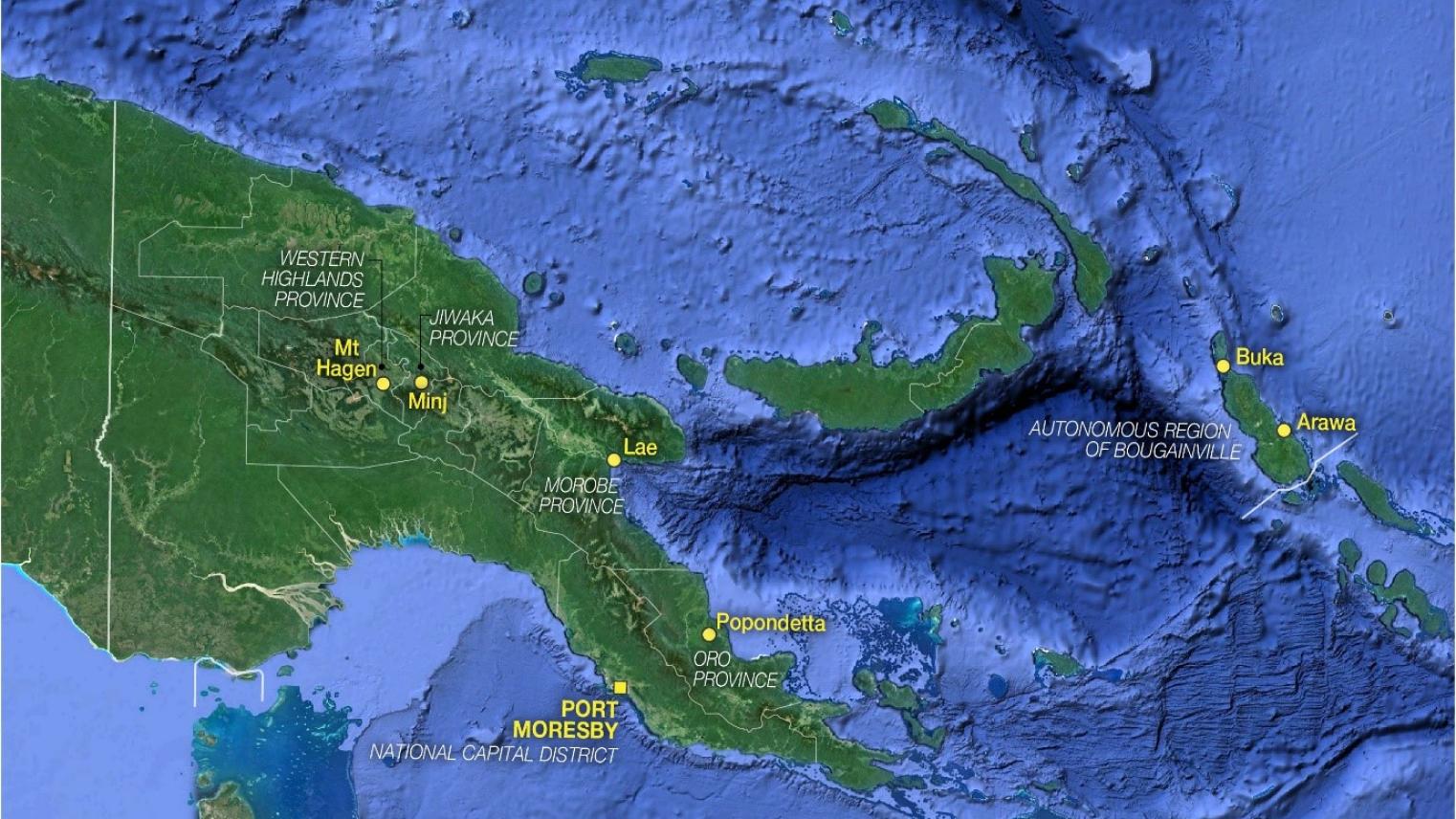In the film, the researchers discuss the mixed methods approach that was adopted, using a range of information sourced from survivors, service providers and the community. These included interviews, a survey of young adults, and any available statistics recorded by police, the courts and specialist family and sexual violence (FSV) services.
This film was produced by Oliver Friedmann of the ANU, with footage, images and recordings recorded on location in 2019-20 by the Research Team.
